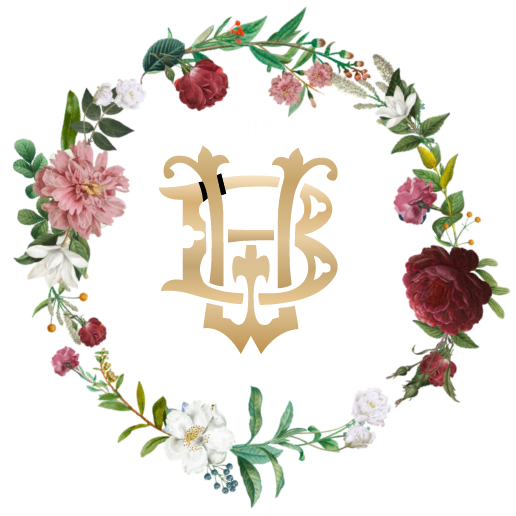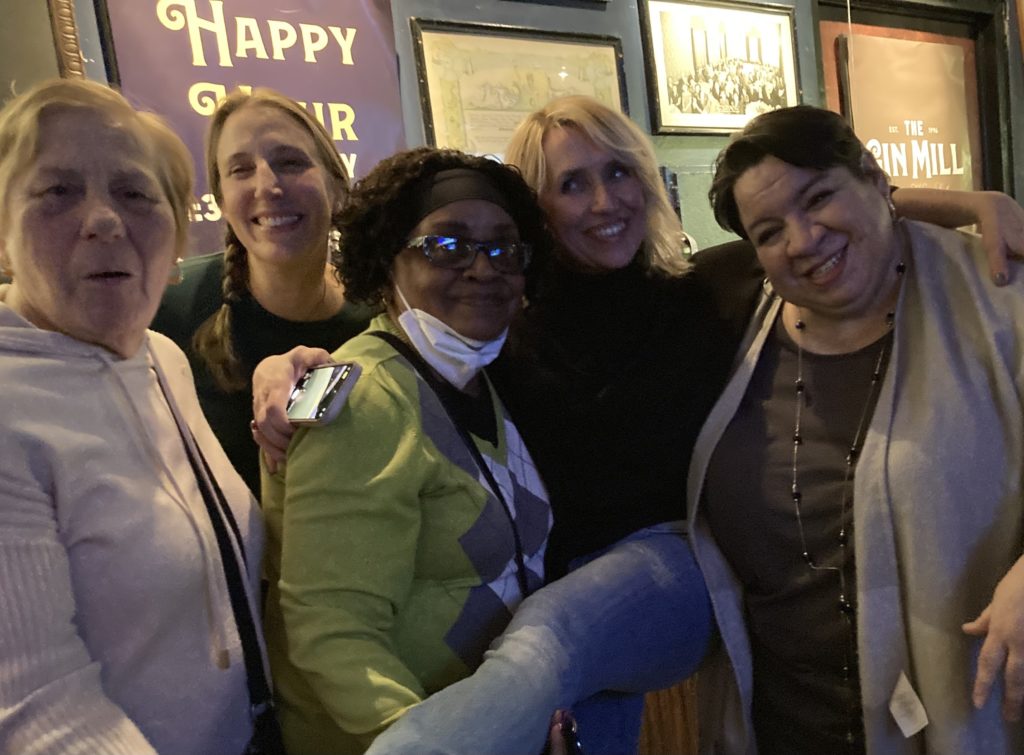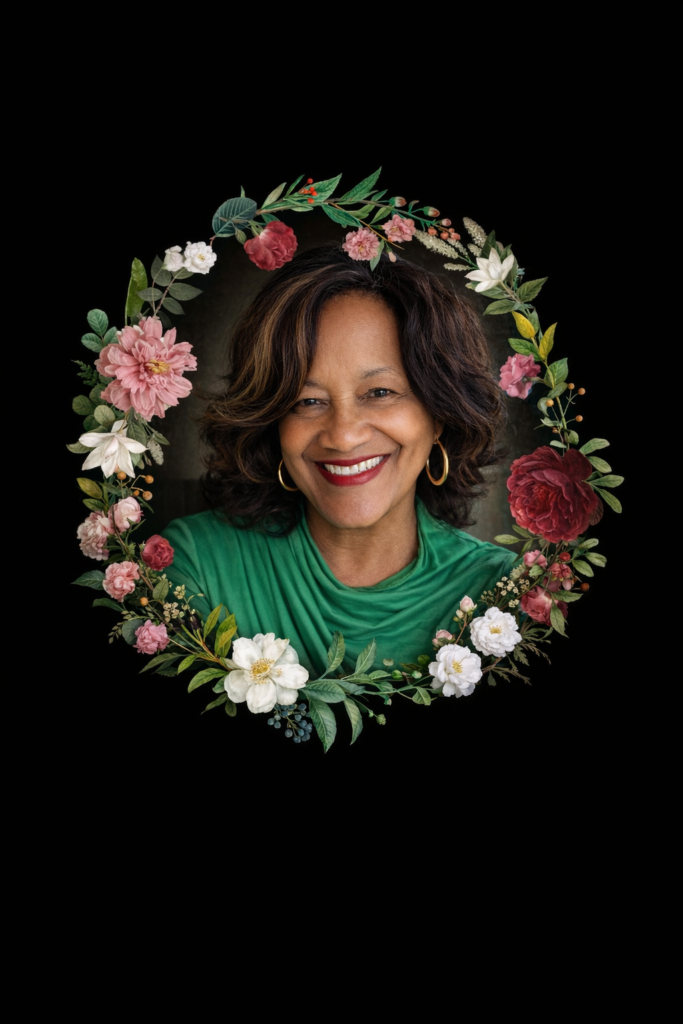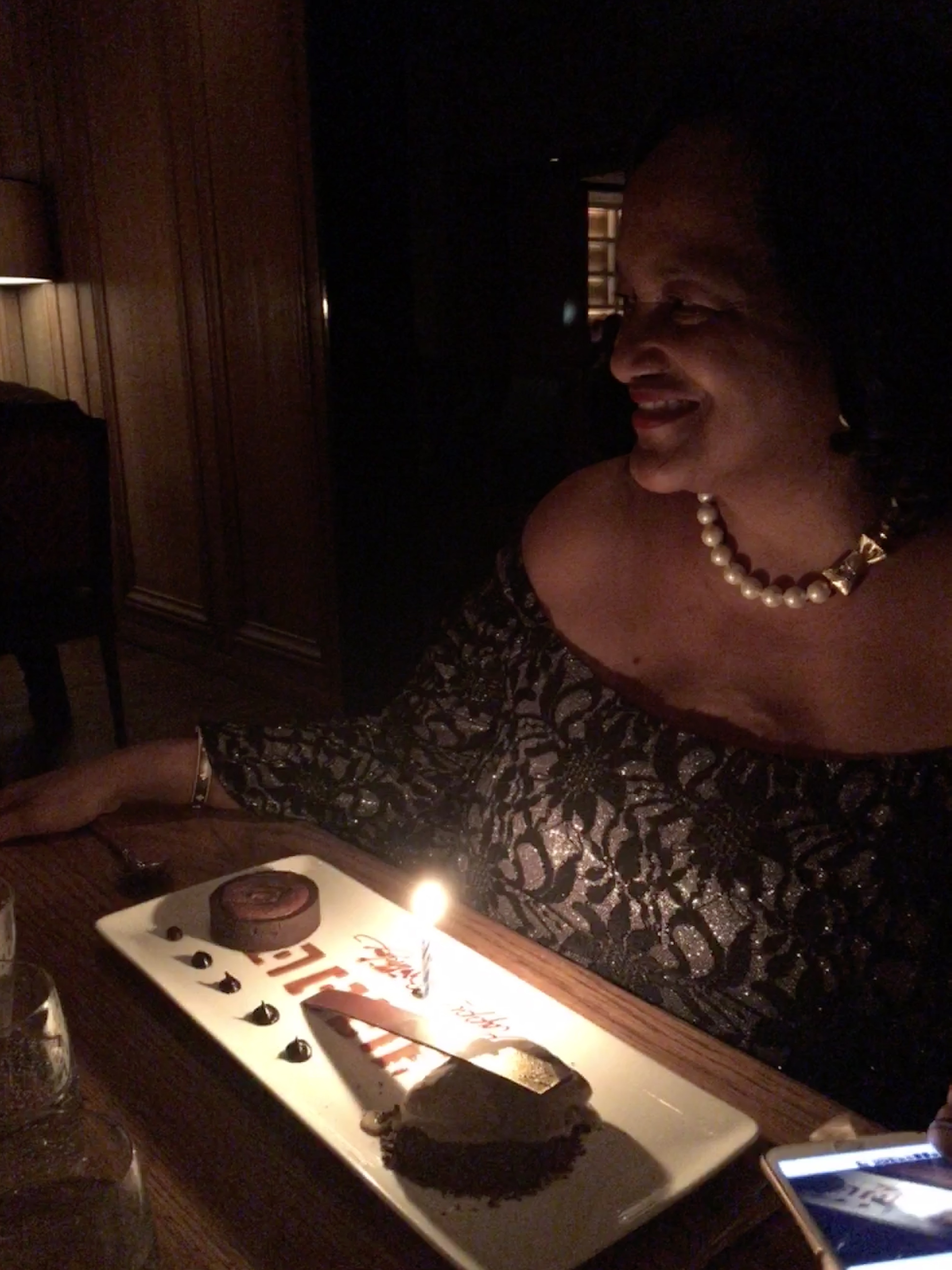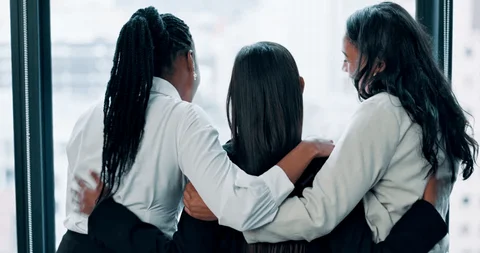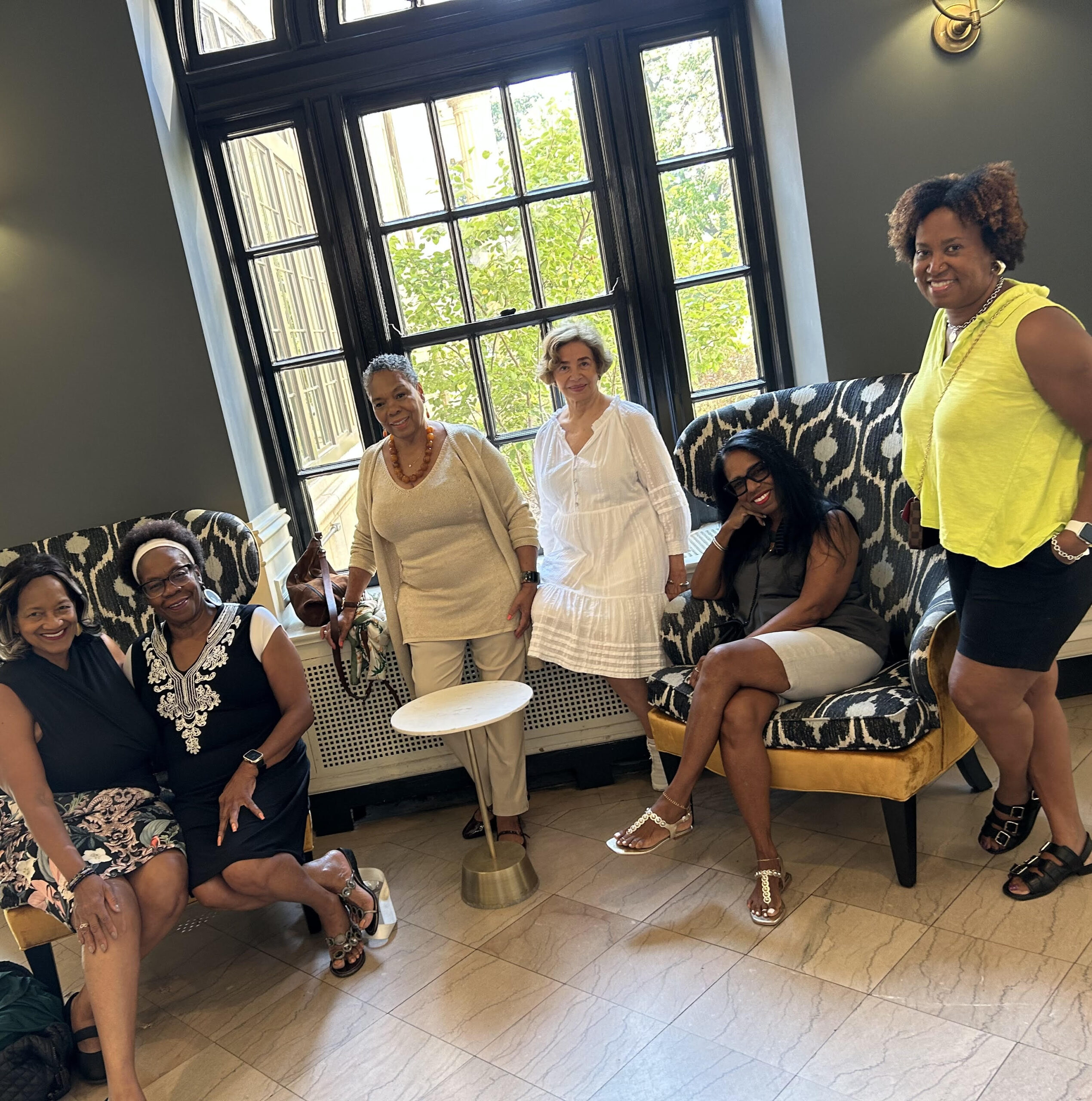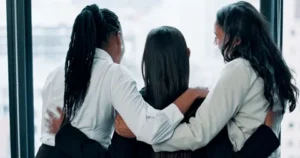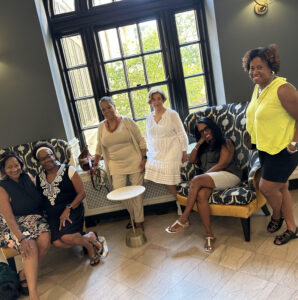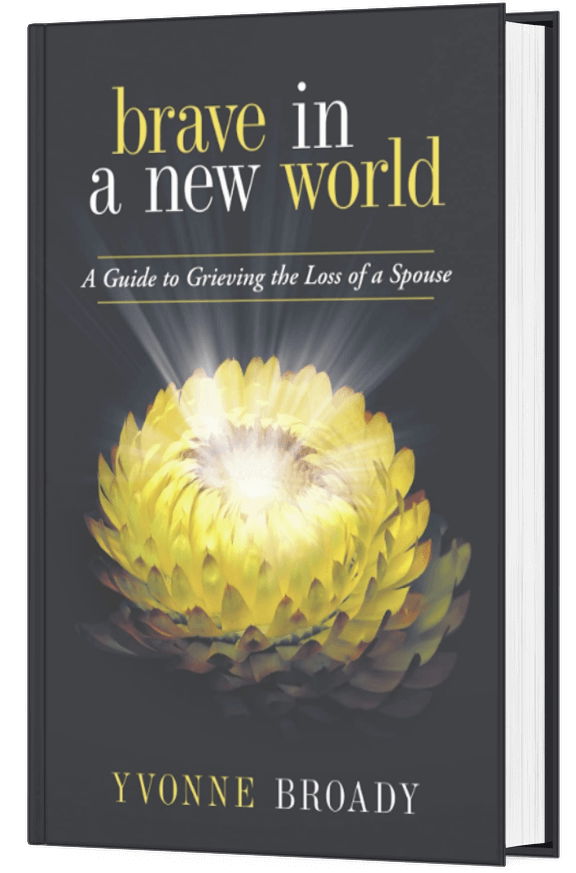Several years ago, I was at an outdoor event chatting with friends. I had just begun to write Brave in a New World and I was talking with a gentleman who, after having expressed his condolences to me, shared that he didn’t know what his wife would do should he die first. He went on to explain that his wife was very close to him and to her siblings but she didn’t have any other friends outside of her family. Apparently, she spoke to her sisters by phone nearly every day. He worried that should anything happen to him, she would not have friends of her own to support, embrace and comfort her. He went on to say she belonged to a church, and yes the congregation would be there to support, but having friends who could really be there for her in the hard times, was an area in which she was lacking. He said he encouraged her to seek out girlfriends, but she was reluctant to do so as she only felt comfortable with him and her family. I know that this a common issue for many.
When widows write me, often they’re looking to reestablish their lives, and meet people, but they’re clueless as to how to begin the process of connecting with new men and women.
I’m here to tell you that along with everything else that a widow or widower has gone through, the loss, the grief, acclimating to the loneliness, and the absence of their spouse, when the dust settles and they want to branch out and meet new people, the thought of putting themselves out there can be a daunting one.

When my husband passed away, I suddenly realized that the world had changed drastically. First of all, I was older, second of all many of our friends had been couples. I found myself thrust into an age when connecting and communicating with others was vastly different than it had been many years before. It wasn’t easy and I felt like a fish out of water. But luckily for me I’d had lots of girlfriends whom I’d remained close with over the years, and true to form, most of them rallied around me after my husband Chuck passed away. In the beginning of my loss, seeing friends became difficult for me because I didn’t want to burden them and I actually wanted to be alone most days.

Soon, I found myself forcing myself to get out and meet those pals who were available. We’d have lunch, dinner, go to museums, meet after church, and see each other often. After awhile the meetups died down and there was the occasional phone call , but I was on the recovery journey and not quite sure where I’d land next. Luckily, I managed to make new friends which led to more new friendships. I found these people had fresh ideas and were tuned into living life in fun new ways. They had adventurous suggestions, and were available to meet, drink and be merry. After a while I began to see a future for myself as I enjoyed life more and more each day, while distancing myself from my grief and seeing life as filled with hope and possibility.

Here’s the difference between new and old pals. Some of your longterm friends see you as you once were, now the widow. But you will be changing and the subtle nuances that are manifested may be missed by those who have known you for a long time. None of my old friends had lost a spouse, some had never married, so although they recognized the loss and sympathized with me, they sort of missed the internal metamorphosis that was taking place within me. The reason for this is because they carry your history and see you through that lens. Newer friends see you as you are, the widow, but also as who you are becoming now, therefore their impressions of you aren’t influenced by who you once were. Your tastes, likes and dislikes may begin to change once the veil of grief begins to slowly lift. For example, I may have loved to go antiquing thirty five years ago, but now I just want to search for modern accessories for my home. I may have loved to watch old movies, but because my husband was a movie buff I no longer enjoyed that pastime. Watching old movies just filled me with grief and sorrow and reminded me of losing Chuck. I once loved very light colored woods for my home, blonde shades, light oak, but my tastes changed with the times as I found myself gravitating toward darker wood stains and more contemporary styles for my home. I also discovered that friends who were a bit younger are less apprehensive about doing activities that longtime friends and peers may not encourage you to do. Online dating is a great example of one of those realms that younger pals will be more open to and will encourage you to do if and when you reach a point where you decide that you want to start dating again; but, then again, that will be up to you. Part of this shift in norms is because younger folks (even as little as 7 or eight years your junior) have grown up in an age where online dating is normal and they’re not as fearful of this new approach to connecting with people. They are also more willing to take a risk when putting themselves out there and will encourage you to do the same.This does not hold true for everyone, but it has been my experience as I recreated my life after death.
One must learn how to navigate new and old friendships, as you reshape your new alone life to suit your needs, and your lifestyle. But for those who find themselves at a loss for companions and would like to get out and do more with friends, here are some suggestions:
1 If you’ve never pledged a sorority this may be a good time to think about it. There are many graduate chapters of sororities and fraternities. This is a great way to meet new people and to have fun in the process. Check each fraternity and or sorority for guidelines and requirements for joining.
2 Become more involved in your place of worship. If you don’t belong to a place of worship and you’ve contemplated becoming a member of one, this would be a great time to visit a few churches to find one that’s suited for you. Many churches have social activities for different age groups, and they zero in on a variety of interests. I know that my church offers movies, Bible study classes, young adult get togethers, senior groups, and many opportunities to volunteer. Investigate and find a faith home that is comfortable and welcoming and explore becoming a member of a faith community. It’s a great way to connect with like minded individuals.
3 Look up old friends. Sometimes our lives become so busy especially when we’re married. We bump into people, old pals, and even discover former friends on social media. We promise to connect, but never do. After losing a spouse, this is a great time to reach out and connect with long lost friends and acquaintances. They will be so glad to hear from you and will be happy that you reached out. They will want to listen to you and be there for you as you tell them about your loss. I found that people I didn’t know quite as well, offered me the kindest words, and a patient listening ear. Sometimes, they have experienced a loss as well and the new connection can help you both to heal as you make future plans.
4 Bereavement Groups -a wonderful place to become a part of a like minded community. They’ll “get” you. You’re looking for a place where you can feel safe and steady. After several meetings your group will soon become your extended family. In my group, when the requisite sessions finished, we didn’t want to leave each other so soon, so we continued to meet for dinners for several years and even though eventually we all went our own way, we all felt stronger and better for having met each other.We had given each other the strength we needed and the encouragement to heal and to look forward to a new life without our spouses. Anything we wanted to do was encouraged by our group.We’d been through so much and we just wanted to now live our lives unrestricted and without judgement.
5 Volunteer -there are many organizations, religious communities, schools, hospitals, senior homes, and non profit organizations that would love to have volunteers. What a wonderful way to give back and begin to feel a part of a community of people again. It’s a great distraction from your own sorrows and it’s a great way to rebuild your self esteem.You will also make new friends and develop new social ties. It’s nice to meet people from diverse backgrounds and cultures. Sometimes this can open you up to a whole new world that you never even imagined and soon you will be learning and partaking in activities that broaden your horizons… all this, as you reclaim your life.

Part of becoming a part of life again really is hastened by one’s connections to others. Whether old or new bonds, friends will guide you along the path of not giving up and inspire you to continue to live life to the fullest even though your spouse is no longer here.
It’s a good idea to develop friendships your whole life through. You don’t want to face life without your spouse totally alone. Even children will not provide the solace that a good friend will give. They will offer a shoulder to cry on, a listening ear, a helping hand. Some will be able to be there for you 24/7, others may not be as reliable. But if you have several pals you will be able to share the burden of your loss with a few and not overburden just one. A good friend will not interrupt your tears, and will listen to you as you repeat over and over again the story of your loss as this is a part of one’s bereavement process.
After you’ve begun to venture out and make connections with men and women, whom you have things in common with and whose company you enjoy, you will begin to heal.
Then grab your girls (guys) and go-wherever, whenever, as you follow the path to your new life and your new beginning.


